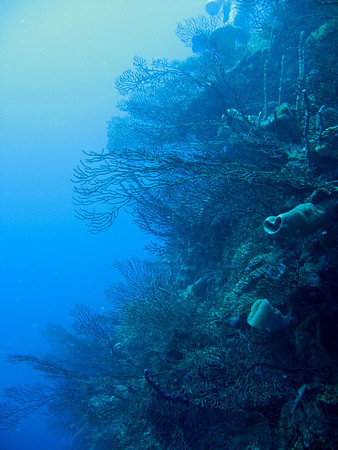Coral reef fringing Roatan, Honduras
Click on image for full size
Courtesy of Anne Pharamond
Coral Reefs on a Changing Planet
A coral reef is like an underwater city. Corals and algae make the mounds of the reef on the tropical ocean floor. The reef attracts many other creatures who find a home there. Schools of red, blue, yellow, and green fish swim above the reef. Crabs dart around on its surface. And clams nestle into cracks in the rock. All that life needs the reef to survive.
But reefs are threatened by humans in many ways. Some of the threats are easy to see like trash littering a reef, sand in the water or on the corals, and water pollution. Too much fishing is reducing the number of fish that eat algae in some reefs. And there are scratches on corals from the fins of careless snorkelers, anchors, or from boats.
There are also threats that are invisible. We can’t see them, but they are very dangerous for coral reefs. These threats include acidic seawater, warmer seawater, and coral diseases. The threats might be hard to see, but their effects are not. Some reefs have been so hard hit that scientists say they will not be able to recover. Scientists predict that over half of the world’s coral reefs may die by 2050 if these threats continue.
You might also be interested in:
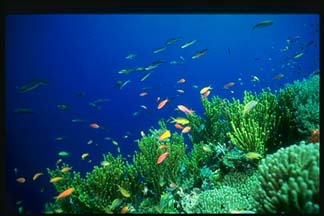
Members of the Kingdom Protista are an unusual group of organisms that were put together because they don't really seem to belong to any other group. Some protists look or act like plants, others look
...more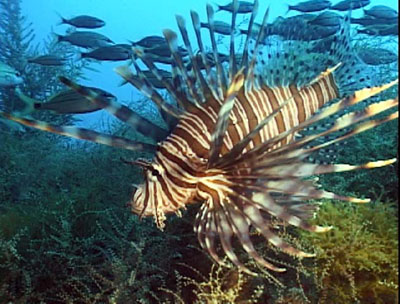
Red lionfish have beautiful stripes and spines. They live in the Pacific and Indian Oceans. And many of them also live in people’s aquariums. Some lionfish have escaped their aquariums. These pretty fish
...more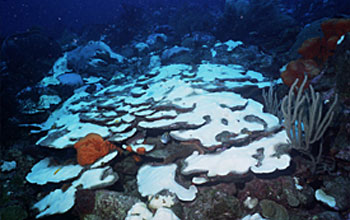
The Caribbean Sea is usually warm. But it was much warmer than normal in 2005. The heat made corals less healthy. Scientists say that a tiny type of algae helped some corals to survive. Corals and the
...more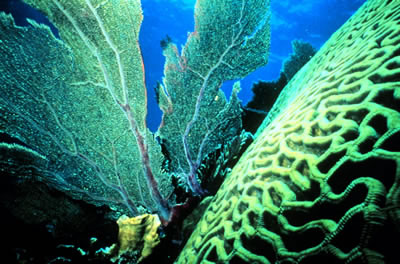
Corals in the Caribbean are threatened by global warming and climate change. Most of the efforts to conserve corals in this area have focused on the most diverse corals in the center of the Caribbean.
...more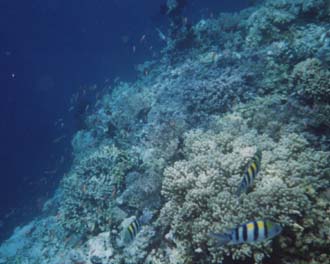
Have you ever taken your temperature to see if you are getting sick? Scientists have been taking the Earth's temperature and have found that it is getting warmer. During the past 100 years, the Earth's
...more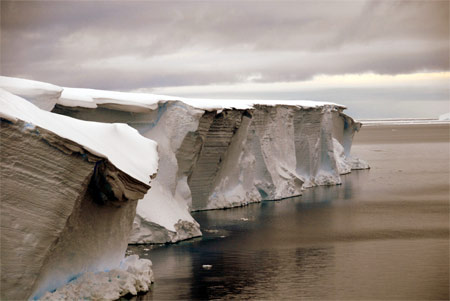
Looking for online content that can be used for a climate change education course or module? Pages linked below can be used to support an introductory climate change education for either a unit or a full
...more
Leaders from the countries of the world are heading to Copenhagen, Denmark in December 2009 to decide how the world will deal with climate change. They will make decisions about how to send less greenhouse
...more


